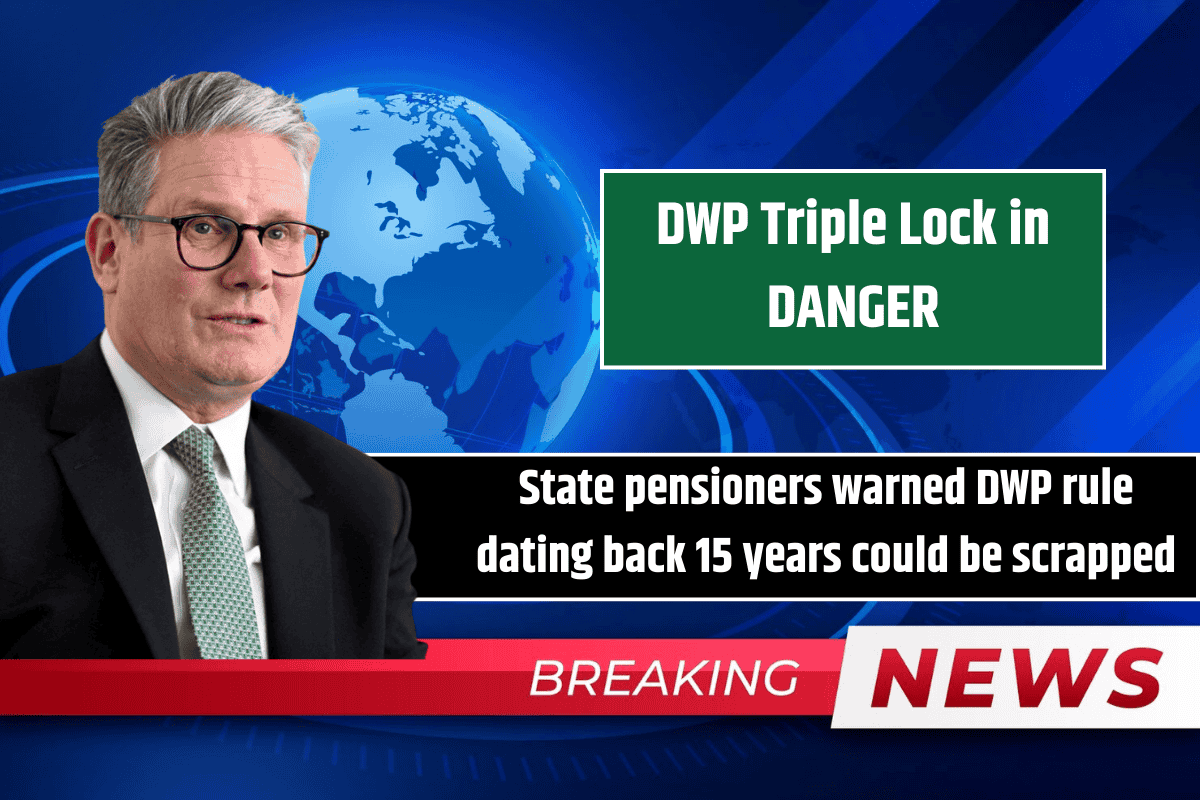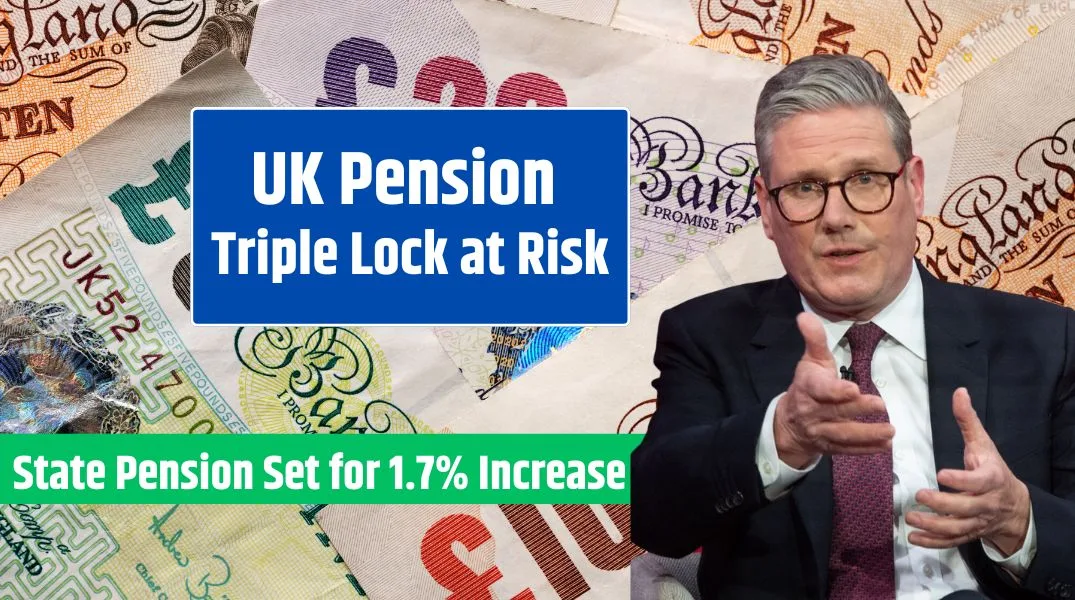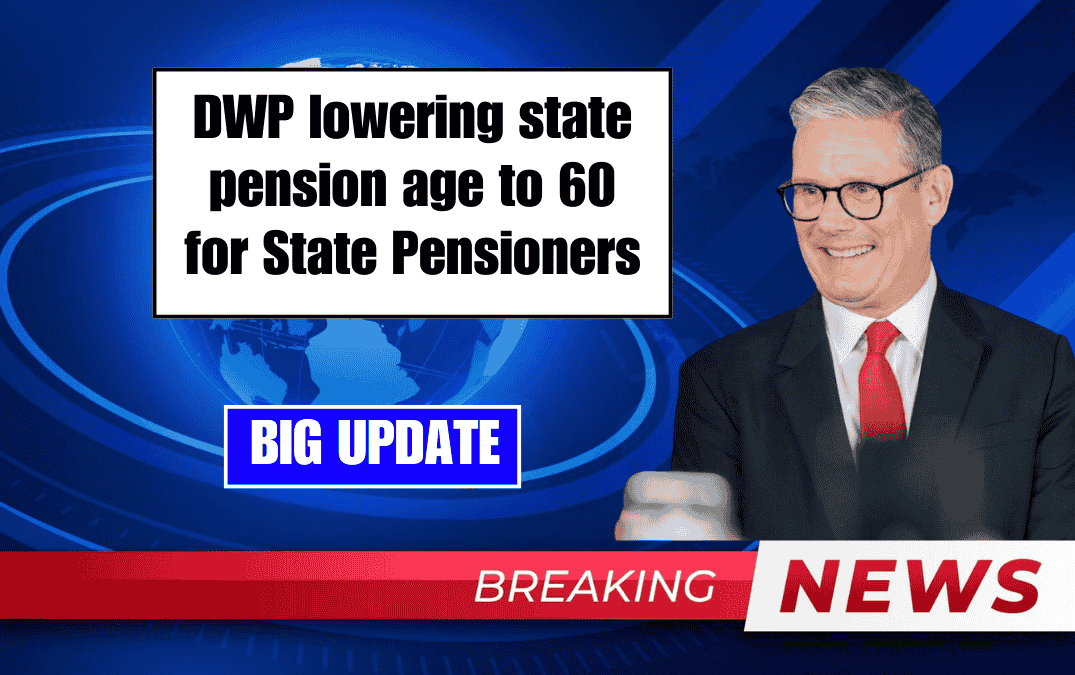The Department for Work and Pensions (DWP) has announced an important change to the Universal Credit (UC) system, aimed at increasing financial security for millions of households. Starting on April 30, a new cap will be placed on the amount the government can take from UC payments to repay debts. This change, part of the Fair Repayment Rate, will help ensure that people can keep more of their benefits while still being able to repay what they owe. The DWP says this adjustment will make families better off by £420 per year on average.
What Is the Fair Repayment Rate Change?
The Fair Repayment Rate is a new policy that will limit the amount of Universal Credit payments the government can take for debt repayment. Previously, the government was allowed to take up to 25% of someone’s Universal Credit standard allowance to pay off debts. However, from April 30, this will be reduced to 15%. This change is designed to help people repay their debts without putting their basic living needs at risk.
The DWP believes that this adjustment will help the poorest households by allowing them to keep more of their money each year, which should make it easier for them to meet their day-to-day needs while still repaying any debts they owe.
Impact on Households
This change is expected to benefit around 1.2 million households, with 700,000 of those households including children. The DWP estimates that these households will be, on average, £420 better off each year. This is a significant improvement, especially for families facing financial difficulties.
According to Rachel Reeves, the Chancellor of the Exchequer, this policy shift is part of the government’s broader effort to combat the cost-of-living crisis, raise living standards, and reduce poverty. She stated, “As announced at the budget, from today, 1.2 million households will keep more of their Universal Credit and will be on average £420 better off a year.”
The Bigger Picture: Addressing Debt and Financial Security
Around 2.8 million households currently have deductions made from their Universal Credit payments each month to pay off debts. The new rate ensures that these repayments are made in a way that doesn’t leave people struggling to cover their basic expenses. The DWP is aiming to strike a balance: repaying debt while making sure that families still have enough money to live on.
Liz Kendall, the Work and Pensions Secretary, also highlighted that this change is part of a broader “Plan for Change” which aims to improve financial security and create better living standards across the country. By reducing the amount taken for debt repayment, the government hopes to boost the financial security of working people, especially those on lower incomes.
Other Government Initiatives to Help Families
This policy is part of a larger set of measures introduced by the government to tackle poverty and improve life for low-income families. One of the recent measures, aimed at reducing child poverty, is the introduction of 750 free breakfast clubs in primary schools in England. These clubs are designed to ensure that children start their day with a nutritious meal, helping them perform better at school and contributing to better long-term outcomes.
The new Fair Repayment Rate will allow millions of households to keep more of their Universal Credit payments while still making debt repayments in a manageable way. With families set to be an average of £420 better off each year, this change is part of the government’s broader efforts to ease the financial pressure on lower-income households. By reducing the burden of debt repayment, the government aims to ensure that more people can meet their basic needs and work towards financial stability.
FAQs
What is the new Fair Repayment Rate for Universal Credit?
The new Fair Repayment Rate, effective from April 30, reduces the amount the government can take from Universal Credit payments for debt repayments. The cap has been lowered from 25% to 15% of the standard allowance, helping households keep more money each year.
How much better off will Universal Credit claimants be under the new repayment cap?
Under the new Fair Repayment Rate, 1.2 million households will be an average of £420 better off annually, with many families, including those with children, benefiting from the policy change.
When will the new Fair Repayment Rate be applied?
The new Fair Repayment Rate will be applied to all Universal Credit assessment periods that begin on or after April 30, 2025.
How does this change help people with debt repayments?
By capping the debt repayment deductions at 15%, the government aims to ensure that people can still cover their essential living costs while repaying debts in a sustainable way.













